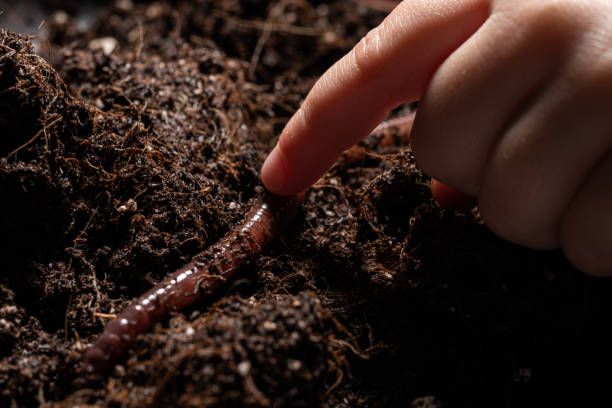Table of Contents
ToggleIntroduction:
Gardening is a rewarding hobby, but it often comes with challenges. From the quality of your soil to the health of your plants, your garden’s success depends on various factors.
One of the most natural and effective ways to improve your garden is to use cow dung as fertilizer. Cow dung, also known as cow manure, is rich in nutrients and organic matter that can significantly improve soil structure and plant growth. In this guide, we’ll look at how cow manure can improve the health of your garden and give you seven simple tips for using it effectively. Whether you’re growing flowers, vegetables, or herbs, cow manure can be a powerful addition to your gardening routine. Let’s look at the benefits and practical ways to incorporate cow manure into your gardening strategy.
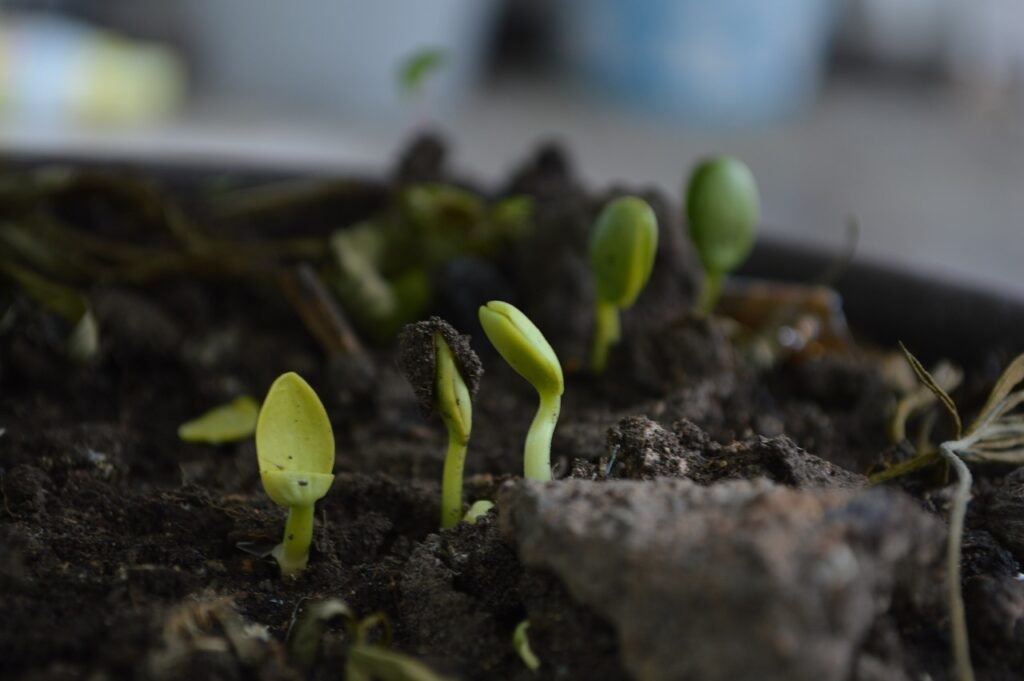
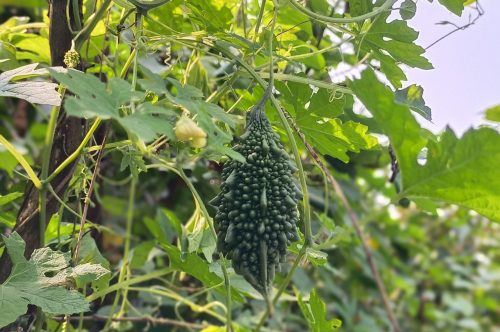
Why Choose Cow Dung for Your Garden?
Before we jump into the tips, let’s understand why cow dung is such an excellent choice for gardening:
1. Rich nutritional: The cow dung is full of essential nutrients such as nitrogen, phosphorus, and key components of potassium which support plant growth.
2. It improves soil health: organic matter in cow manure improves soil structure, helping to retain water and ventilation.
3. Natural fertilizers: Unlike synthetic fertilizers, cow manure is an environmentally friendly option that will not damage the environment or promote chemical accumulation.
4. Increase beneficial microorganisms: The microorganisms present in cow manure improve soil health by promoting a healthy balance in the soil ecosystem.
With that in mind, let’s dive into seven simple tips for using cow dung in your garden.
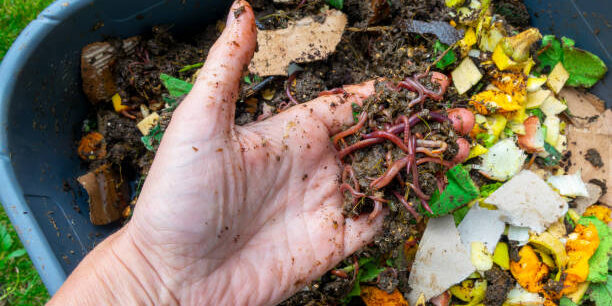
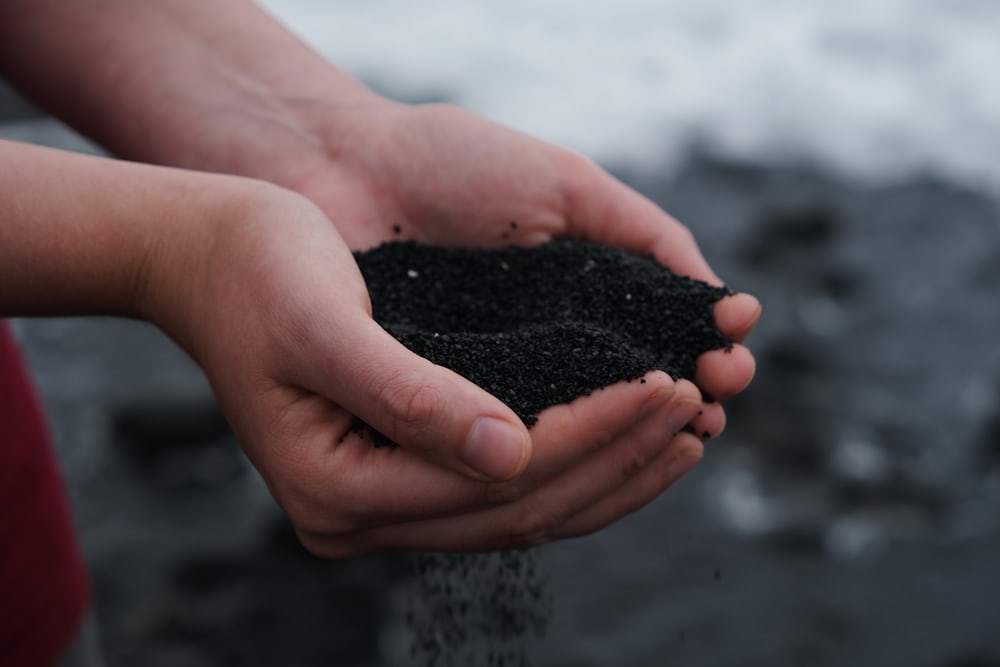
Simple Tips for Garden Success with Cow Dung
1. Compost Cow Dung for Best Results
Fresh cow dung is very potent and may be too strong for your plants if used directly. Because of its high nitrogen content, it can also burn tender plant roots. To avoid this, compost cow manure before adding it to your garden. Compost breaks down manure, reducing its strength and making it safer for plants. This process also helps kill harmful pathogens and weed seeds, providing a healthier garden environment.
Tip: Mix cow manure with other organic materials like straw, leaves, and grass clippings to create a balanced compost pile.
Turn the compost regularly to ensure it breaks down evenly.
2. Use cow dung as mulch:
Cow dung can be used as mulch around your plants. When spreading on the ground, this helps maintain water, remove weeds, and adjust the temperature. This is especially useful in the drying period or extreme weather conditions. To use cow fertilizer as a multi, apply a composite or dried cow fertilizer to the base of the plant. To avoid attracting pests, keep the multi a few centimeters from the stem of the plant.
Tip: A 2-3-inch layer of cow manure works best for most beds. Don’t pile it too high as it can become a breeding ground for pests.
3. Incorporate cow manure into your flower beds
Another easy way to use cow manure is to incorporate it directly into your garden soil. This method works best if you’re preparing a new bed or adding organic matter to existing soil. Dig a trench or hole and mix cow manure into the topsoil. The nutrients in cow manure will enrich the soil, improving its texture and fertility. It is especially useful for heavy clay soils, as it helps improve drainage and prevents compaction.
Tip: If you use fresh cow manure, be sure to mix it thoroughly into the soil and let it sit for several weeks before planting to avoid nutrient burn.
Conclusion
Using cow dung in the garden is a sustainable and natural way to improve soil health, promote plant growth, and make your garden thrive. By following these seven simple tips (including composting the manure, using it as mulch, and making cow dung tea), you can make the most of the benefits of cow dung and keep your plants healthy.
Remember, moderation and proper application are key to success with cow dung. With a little care, you’ll see the positive effects of this organic fertilizer in no time. Roll up your sleeves, harness the power of cow dung, and watch your garden blossom!
Frequently Asked Questions (FAQ)
For most plants, applying cow manure once or twice a year is sufficient. Apply this in early spring to nourish plants as they begin to grow, or you can add it in the fall to enrich the soil for the next planting season.
Cows are generally safe for most plants, but some sensitive plants are more sensitive to nutritional burning with too many fresh fertilizers. Be sure to compost or dilute the fertilizer to make it more plant-friendly.
First, it is best to compost fresh cow fertilizer. Because it can be too strong to damage plants. Fresh manure contains high levels of nitrogen which can burn plant roots. Composting breaks it down and makes it safer to use.
Fresh cow manure has a strong odor which may attract pests. To minimize this risk, compost or dry your fertilizer before applying it to your garden, and avoid using large amounts of compost near the roots of plants.
